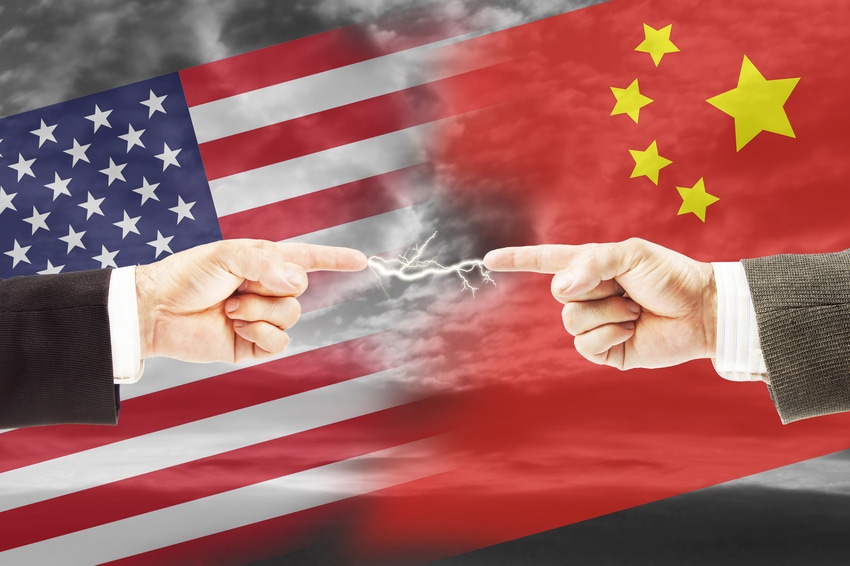As US passes Secure Equipment Act, China reportedly searches for loopholes
The US President has rubber-stamped a new law further restricting access to the US telecoms market by companies placed on the FCC’s naughty step.
November 15, 2021

The US President has rubber-stamped a new law further restricting access to the US telecoms market by companies placed on the FCC’s naughty step.
It’s called the Secure Equipment Act and was first co-proposed by a Republican and a Democrat Senator back in May of this year. We therefore have that rare thing in American politics: a bi-partisan bill, which was therefore passed through the legislative process unanimously. It seems to exist to remove the FCC’s discretion to grant exemptions to companies on one of the banned lists, which it has been doing liberally over the past year.
“The Chinese Communist Party will stop at nothing to exploit our laws and undermine our national security,” said Senator Marco Rubio. “This legislation fixes a dangerous loophole in our law, curtailing their efforts to worm their way into our telecommunications networks. I am grateful that President Biden signed this bill into law so that critical American infrastructure is protected.”
“In today’s increasingly connected world, we must animate our technology with our values,” said Senator Ed Markey. “That’s why I was so proud to help lead this bipartisan effort, which will keep compromised equipment out of U.S. telecommunications networks and ensure our technology is safe for consumers and secure for the United States.
“With President Biden’s signature, we are taking strong action to protect our nation from global technological threats that can undermine our future prosperity. I look forward to now working with the President and every member of the FCC to implement this critical measure.”
As if to justify Rubio’s characterisation of the CCP, Bloomberg today reported on attempts by the Chinese state to help Huawei to overcome US sanctions in order to allow its smartphone business to buy components otherwise denied it. Those handy ‘people with knowledge of the matter’ – presumably agents of the US state in this case – reckon Huawei is licensing is smartphone designs to a state-owned company so that it can then score the parts Huawei is banned from buying.
The new company is called Xnova, presumably because it’s already flogging Huawei-branded Nova phones. You have to wonder why they’re bothering given the apparent state involvement in smartphone company Honor, which was spun out of Huawei a year ago, but who are we to second-guess the intrigues of the CCP?
So, just as the US takes half a year to close one loophole, another opens. This is typical of the game of whack-a-mole that has characterised US trade sanctions. The Honor manoeuvre seems to have demonstrated to China that all it needs to do is provide an intermediary for Huawei to evade the measures. This can be done in far less time than it takes to pass new laws, so the US government may eventually have to choose between even more extensive sanctions or abandoning the whole shambolic enterprise.
About the Author(s)
You May Also Like








.png?width=300&auto=webp&quality=80&disable=upscale)


_1.jpg?width=300&auto=webp&quality=80&disable=upscale)


.png?width=800&auto=webp&quality=80&disable=upscale)